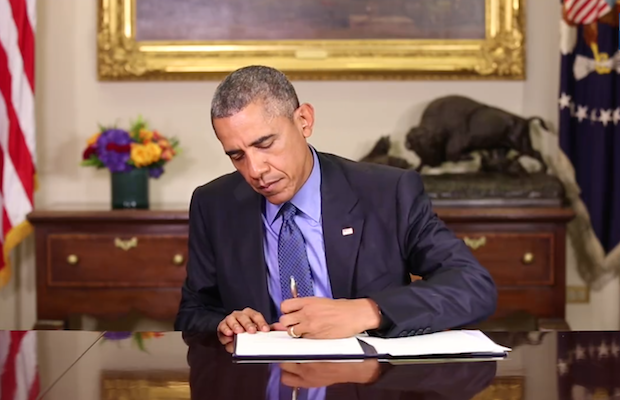We need to be sure that every single person we are imprisoning should actually be there. We should not be imprisoning people because they can’t pay a fine or can’t afford adequate representation. And our society certainly shouldn’t be imprisoning innocent people.
A 2014 study published in The Proceedings of the National Academy of Sciences estimated that about 1-4% of U.S. death row inmates are wrongfully convicted.
At least one of its authors believe that this may mean tens of thousands of Americans have also been wrongfully imprisoned on lesser charges.
The average time served for the 1,625 exonerated individuals in the registry is more than nine years.
[…]
How many people are convicted of crimes they did not commit? Last year, a study I co-authored on the issue was published in the Proceedings of the National Academy of Sciences. It shows that 4.1 percent of defendants who are sentenced to death in the United States are later shown to be innocent: 1 in 25.
Death sentences are uniquely well-documented. We don’t know nearly enough about other kinds of criminal cases to estimate the rate of wrongful convictions for those. The rate could be lower than for capital murders, or it could be higher. Of course, in a country with millions of criminal convictions a year and more than 2 million people behind bars, even 1 percent amounts to tens of thousands of tragic errors.
While some members of the public may be concerned about the possibility of guilty people walking free, this concern should be addressed by increasing public resources for investigations and prosecutions of unsolved crimes or crimes with insufficient evidence, rather than by erring on the side of wrongful imprisonment.
 There can be no justice in a justice system that frequently imprisons the wrong people because of poor or non-existent representation, racism, or other factors. Nor does wrongful imprisonment keep us safe, given that it may mean a real offender is instead walking free to commit new crimes.
There can be no justice in a justice system that frequently imprisons the wrong people because of poor or non-existent representation, racism, or other factors. Nor does wrongful imprisonment keep us safe, given that it may mean a real offender is instead walking free to commit new crimes.






